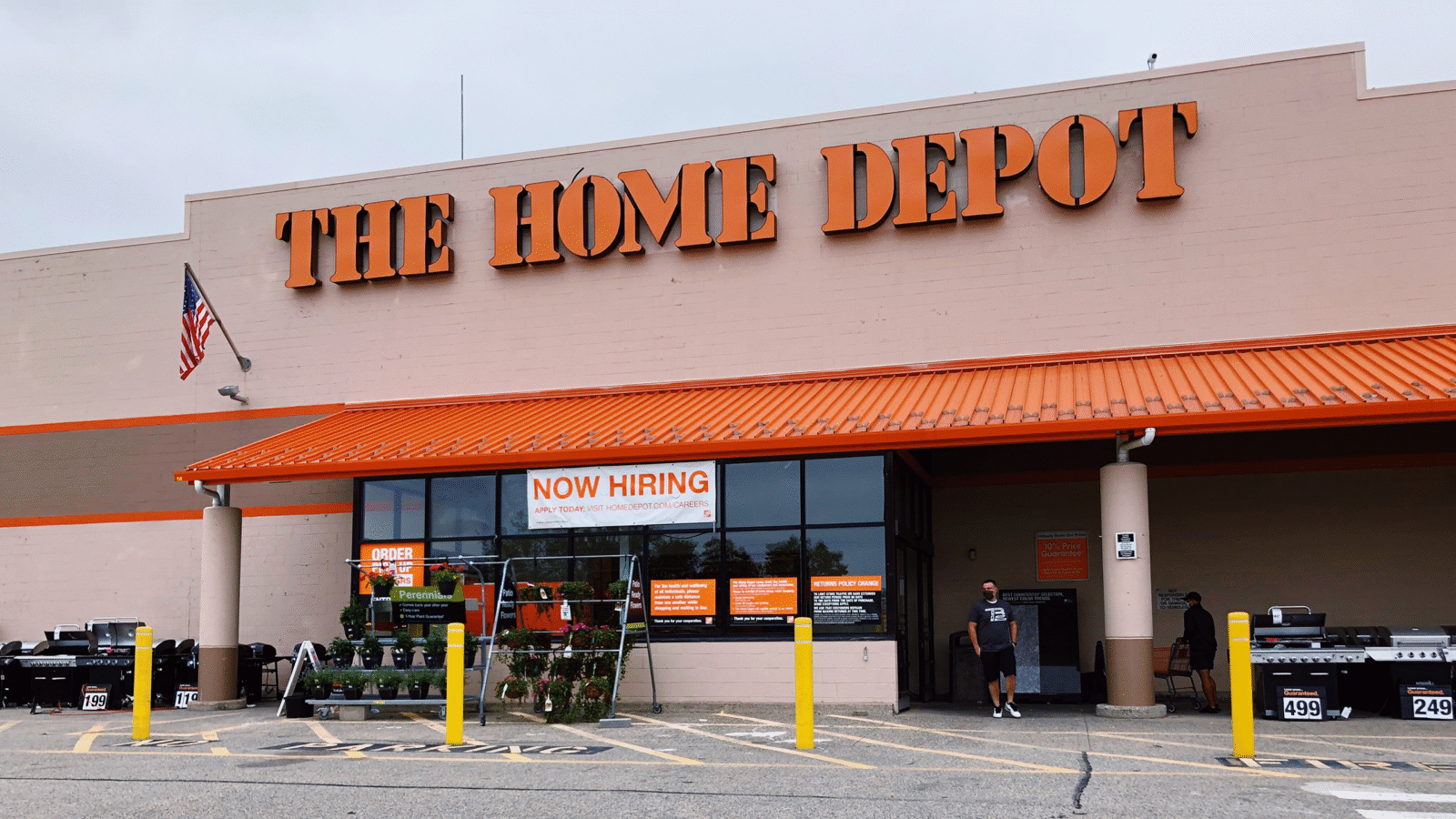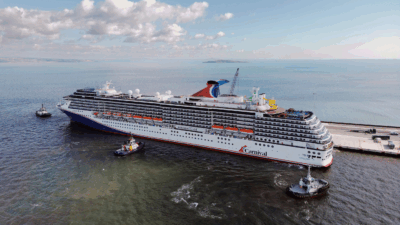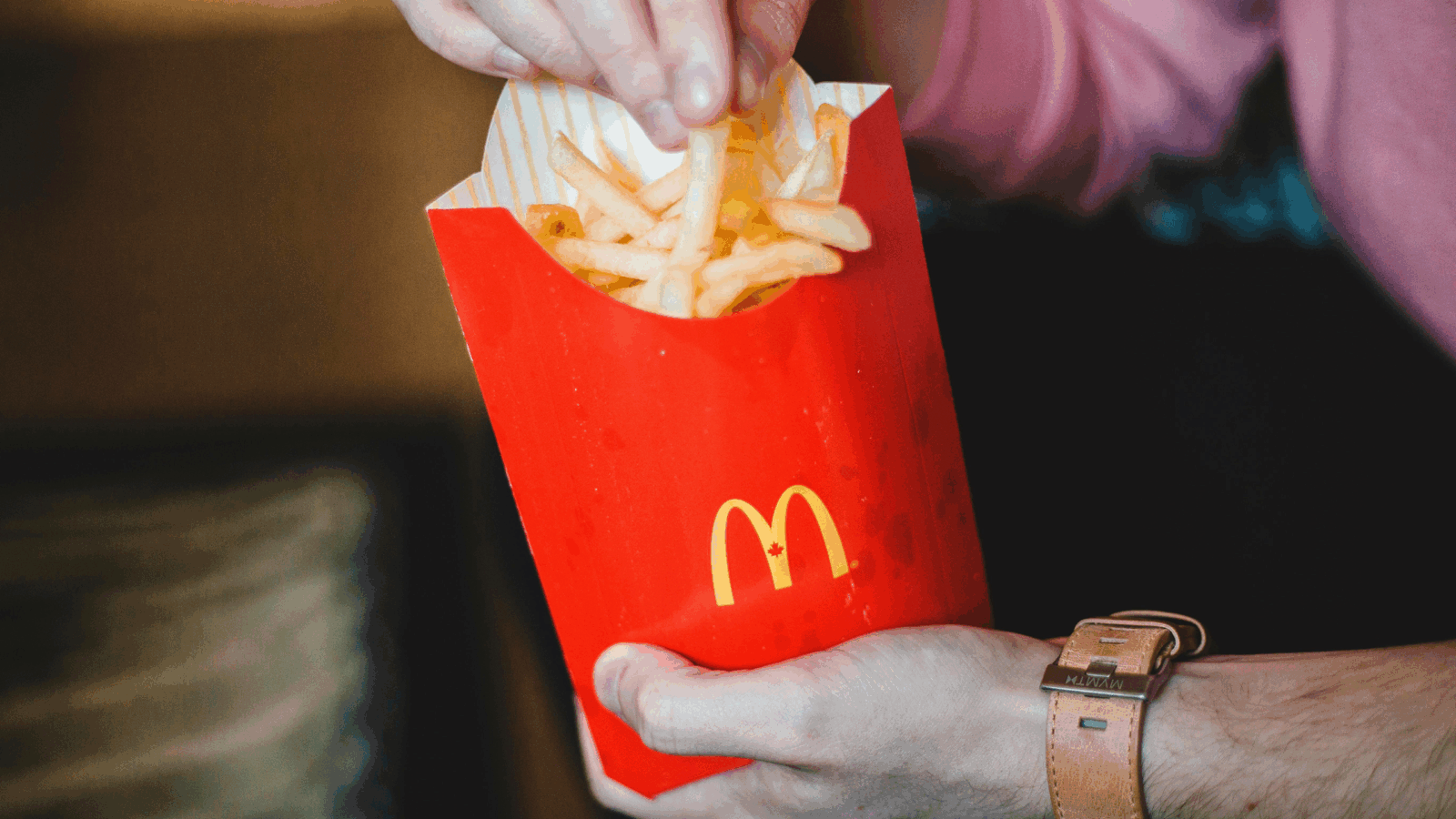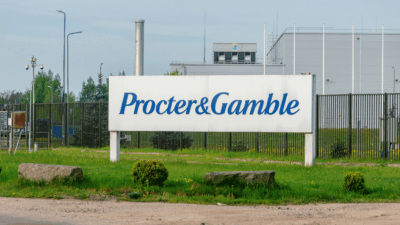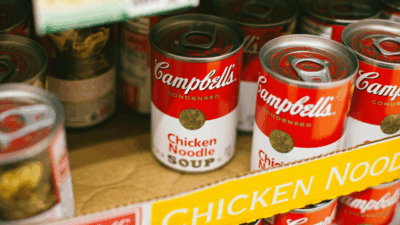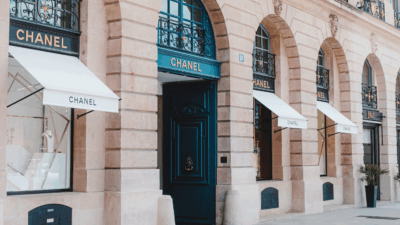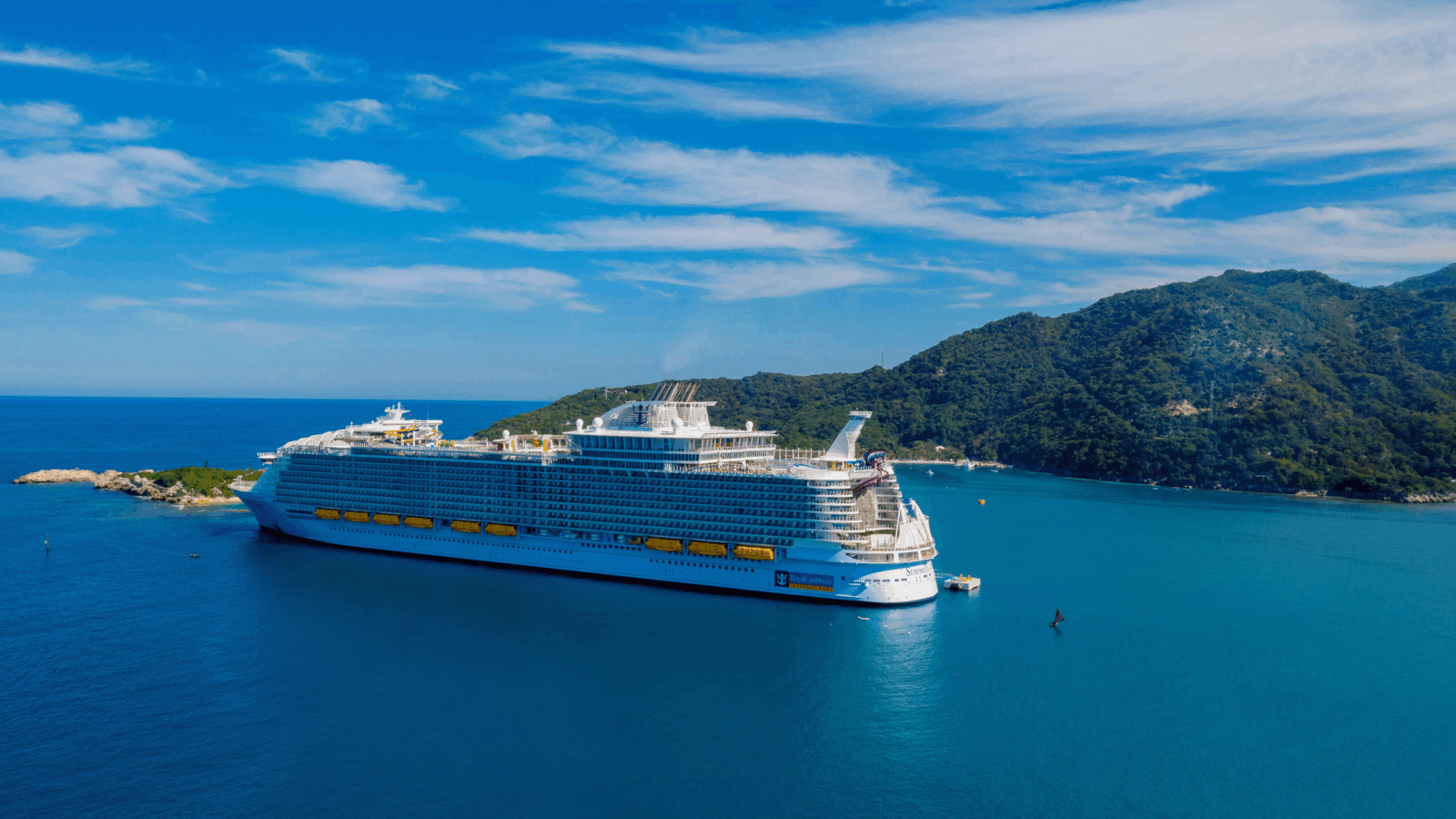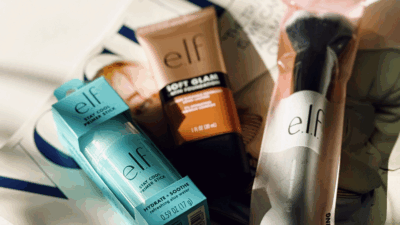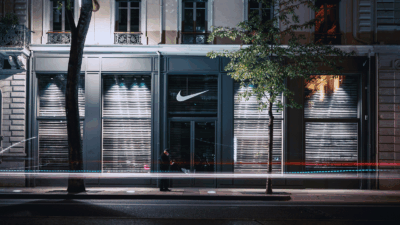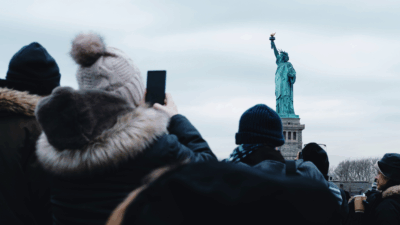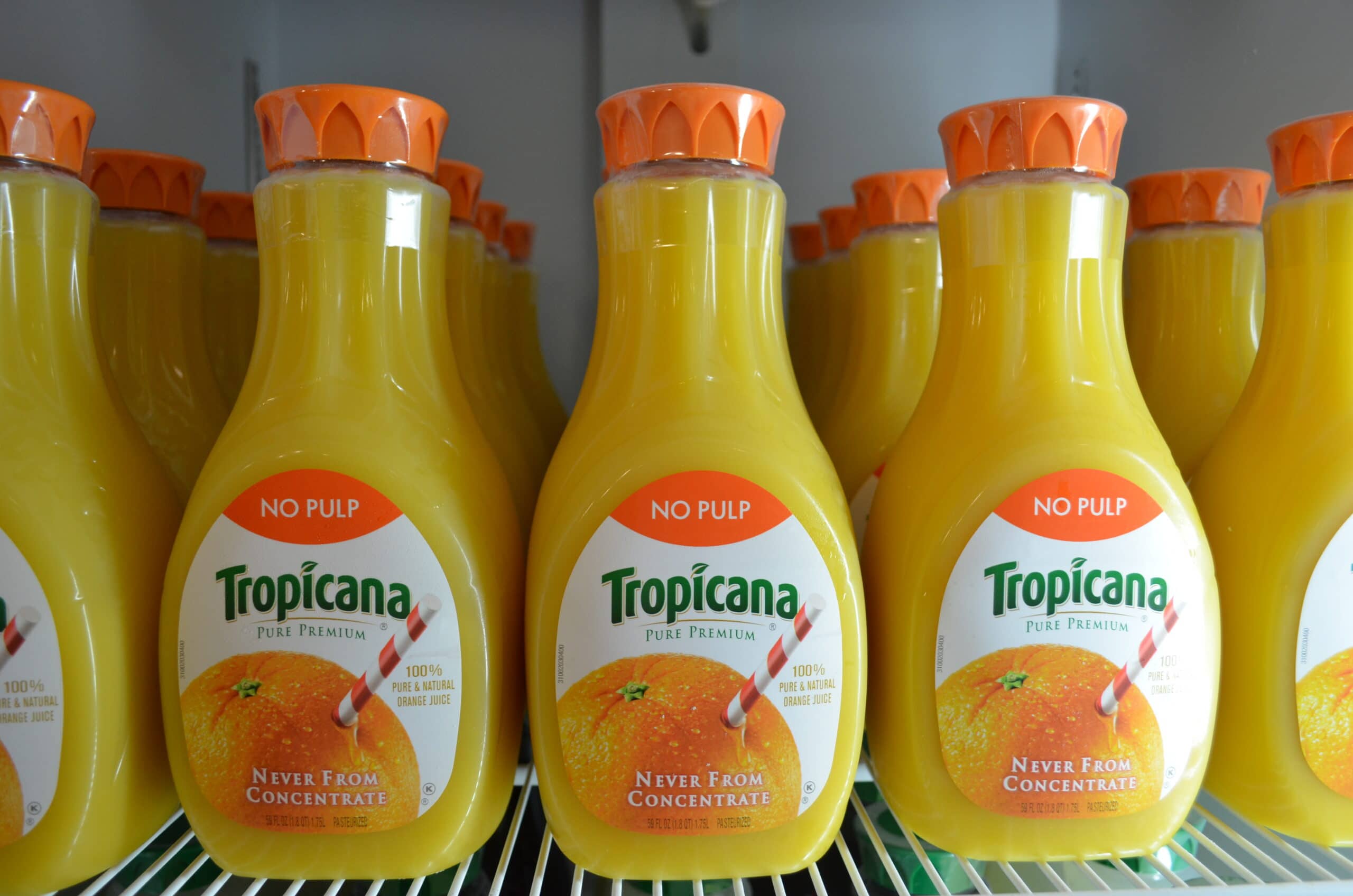
Sign up for smart news, insights, and analysis on the biggest financial stories of the day.
It’s official, PepsiCo is all out of juice. Not metaphorically — we’re talking about actual juice.
On Tuesday, the American beverage giant said it is selling its Tropicana orange juice brand — as well as Naked and other juice lines — to French private equity firm PAI Partners for $3.3 billion. Ditching juice will allow Pepsi to focus on growth markets, as consumers try to avoid glucose overload by opting for less sugary drinks.
Cooling Their Peels
Pepsi and perennial taste-challenge rival Coca-Cola are both on a quest to siphon the sugar from their product portfolios. But that doesn’t mean Pepsi’s juice business is past its shelf life.
Quite the contrary, in fact — Tropicana is still the best-selling fridge-dwelling orange juice in America, and juices and fruit drinks earned PepsiCo $3 billion last year. But profit margins still lagged behind much of the company’s $70 billion business, and juice’s future is looking cloudier than concentrate:
- People drank 2.8 billion gallons worth of juice and fruit drinks last year. That may sound like a lot, but it’s 19% less than households consumed a decade ago, according to Beverage Marketing Corp. And Pepsi’s sales of fruit drinks have fallen 36% in that time.
- Energy drinks are all the rage nowadays — U.S. sales climbed to $3.7 billion last year from $2.8 billion in 2015, and Pepsi bought segment leader Rockstar last year for $3.8 billion to pair with its Mountain Dew Kickstart, Game Fuel, and AMP brands.
PAI, for its part, has done plenty of cherry-picking from companies trying to cut back on sugar — in 2019, the company relieved Nestlé of its Häagen-Dazs, Drumstick, and Mövenpick ice-cream brands.
A Little Juice Left: The deal between PepsiCo and PAI is valued at $4.5 billion in total, with the beverage giant retaining a 39% stake in the joint venture. Coca-Cola, meanwhile, still owns Simply Orange, America’s number two orange juice after Tropicana.
